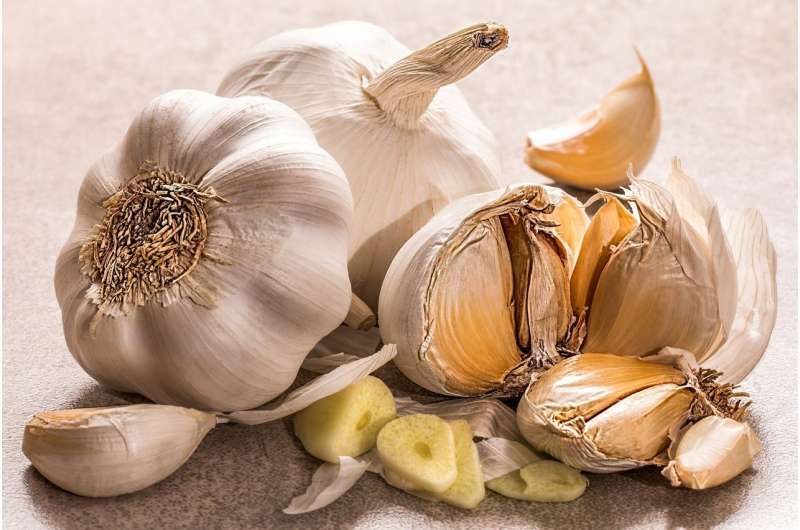Innovative Cyclic Disulfide Lipids Show Promise in Halting Cancer Growth in Mice

Nagoya University researchers have created cyclic disulfide lipids that dramatically enhance mRNA delivery, showing promise in stopping tumor growth in mice and advancing cancer vaccine development.
Researchers at Nagoya University in Japan have developed a novel lipid nanoparticle technology that significantly improves the delivery of messenger RNA (mRNA) into cells. By incorporating a cyclic disulfide structure—a sulfur-rich ring—into lipid molecules, they achieved a fivefold increase in mRNA delivery efficiency. This enhancement allows more genetic instructions to escape the cellular endosomes, which are typically barriers that trap and degrade mRNA before it can exert its function.
The advanced delivery system was tested as a cancer vaccine in mice, where it successfully suppressed tumor growth. The study, published in RSC Medicinal Chemistry, marks the first successful in vivo use of cyclic disulfide-containing lipids to enhance mRNA transport and therapeutic outcomes.
The process involves formulating lipids that self-assemble into spherical nanoparticles encapsulating the mRNA. These nanocarriers protect the mRNA and facilitate its escape from endosomes—small intracellular compartments that often hinder delivery. The cyclic disulfide bonds enable the lipids to break free from these traps, ensuring the mRNA reaches the cytoplasm where it can instruct cells to produce antigens, thereby activating immune responses.
The research team tested different formulations, including the standard MC3 and SM102 lipids used in medical and COVID-19 vaccines. By adding the cyclic disulfide lipids, they observed notable improvements in cellular uptake, escape from endosomes, immune activation, and reduction in tumor growth in animal models.
This promising development could boost the effectiveness of mRNA-based therapies and vaccines, especially for hard-to-treat conditions like cancer. However, researchers caution that further studies are needed to assess safety and optimize delivery methods before clinical application. Dr. Seigo Kimura emphasized that this is a significant step forward, demonstrating that disulfide chemistry can be successfully applied in live organisms for therapeutic purposes.
Overall, this innovative approach opens new avenues for improving genetic medicine and cancer immunotherapy using chemically engineered lipid nanoparticles.
Stay Updated with Mia's Feed
Get the latest health & wellness insights delivered straight to your inbox.
Related Articles
Understanding Why Some People Experience Dementia in Middle Age
New research uncovers biological markers linked to early detection of frontotemporal dementia in middle-aged adults, paving the way for improved diagnosis and targeted treatments.
Vitamin B1 Reveals Promising Approach to Combat Sepsis by Reducing Lactate Accumulation
New research reveals that vitamin B1 can restore energy metabolism, reduce lactate buildup, and improve survival in sepsis, opening new doors for targeted therapies.
Harnessing Microscopic Worms to Accelerate Drug Discovery for Rare Diseases
Innovative research harnesses tiny worms to create genetic models for rapid discovery and repurposing of drugs to treat rare genetic diseases, promising faster and more affordable therapies.
The Risks of DIY Natural Skincare: Why Pantry Ingredients Can Harm Your Skin
Discover the dangers of using raw pantry ingredients like garlic, cayenne, and baking soda in DIY skincare. Learn why professional formulations are safer for your skin health.


